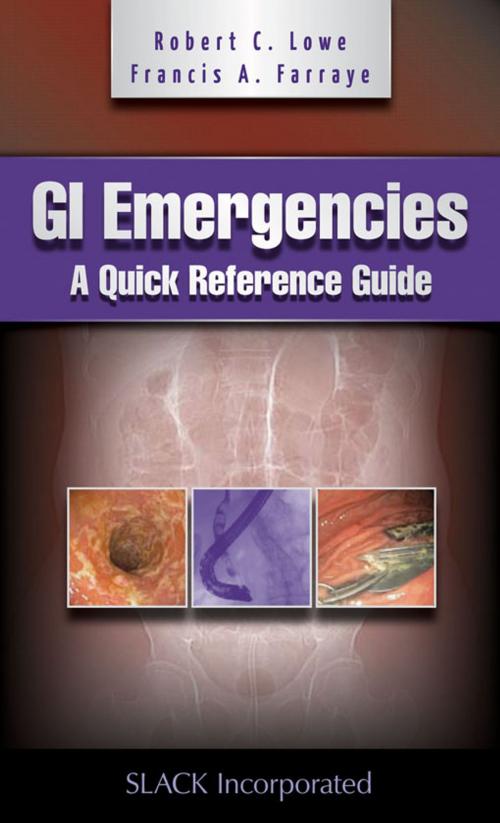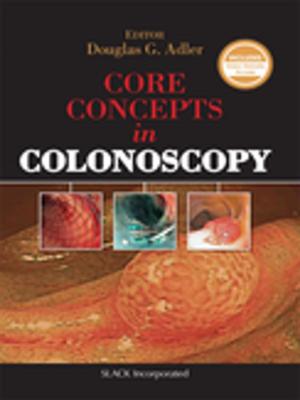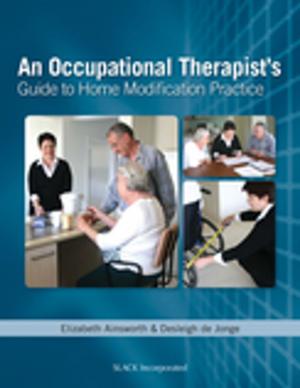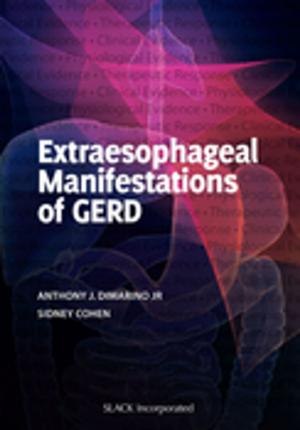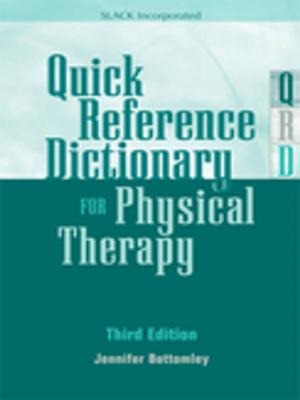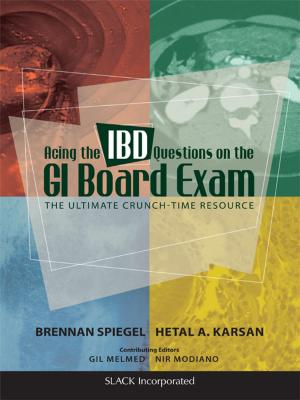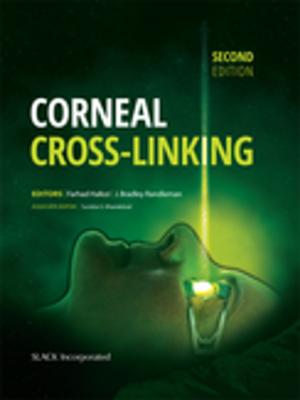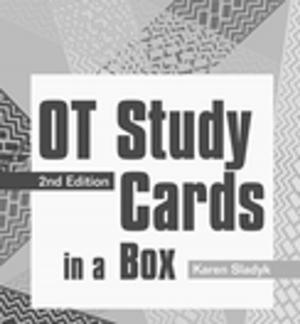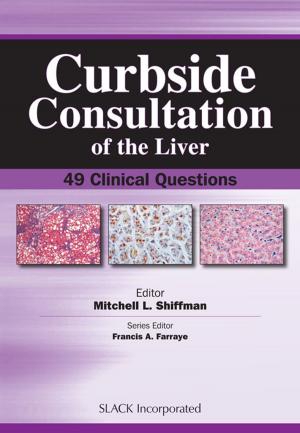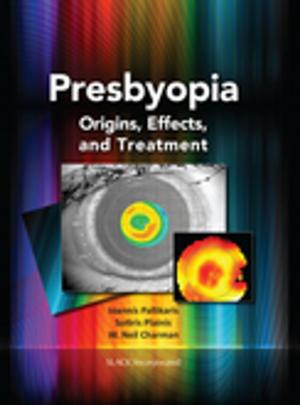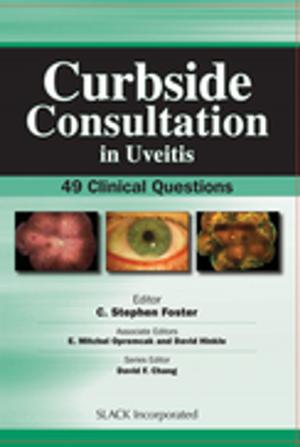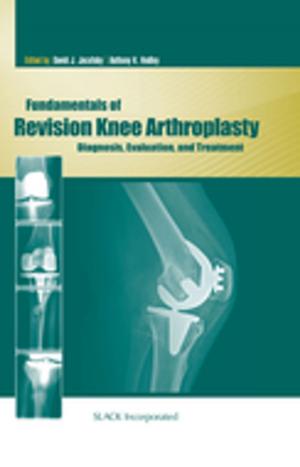GI Emergencies
A Quick Reference Guide
Nonfiction, Health & Well Being, Medical, Specialties, Internal Medicine, Gastroenterology| Author: | Robert Lowe, Francis Farraye | ISBN: | 9781617111525 |
| Publisher: | SLACK Incorporated | Publication: | August 15, 2011 |
| Imprint: | SLACK Incorporated | Language: | English |
| Author: | Robert Lowe, Francis Farraye |
| ISBN: | 9781617111525 |
| Publisher: | SLACK Incorporated |
| Publication: | August 15, 2011 |
| Imprint: | SLACK Incorporated |
| Language: | English |
GI Emergencies: A Quick Reference Guide contains practical information regarding the diagnosis and management of common gastrointestinal emergencies. Each chapter is written by a fellow or resident with an experienced clinician. This offers the perspective of a trainee, who has many basic questions about how to handle a given situation, combined with the experience of a seasoned practitioner who can guide the work-up and treatment of each clinical case. The result is a reference that provides the clinical acumen of a trained gastroenterologist in an easy-to-use format for physicians to approach GI emergencies efficiently and thoroughly. The dual-perspectives blend perfectly together to create a practical, evidence-based read for the learning physician. In GI Emergencies: A Quick Reference Guide, Dr. Robert C. Lowe and Dr. Francis A. Farraye, along with 23 contributors, help physicians deal with problems as they occur in a “real-time” format. Some Topics Include: Evaluation and management of acute liver failure Caustic ingestions, foreign bodies, and food impaction Nonvariceal upper GI hemorrhage Acute pancreatitis Complications of endoscopy The case-based format is less formal than that of a typical textbook, making it enjoyable without losing the educational value and evidence-based recommendations needed to provide excellent patient care. With succinct key teaching points, GI Emergencies: A Quick Reference Guide assists physicians who are training interns, residents, and medical students in training, making it an all-around reference for those in the gastroenterology field.
GI Emergencies: A Quick Reference Guide contains practical information regarding the diagnosis and management of common gastrointestinal emergencies. Each chapter is written by a fellow or resident with an experienced clinician. This offers the perspective of a trainee, who has many basic questions about how to handle a given situation, combined with the experience of a seasoned practitioner who can guide the work-up and treatment of each clinical case. The result is a reference that provides the clinical acumen of a trained gastroenterologist in an easy-to-use format for physicians to approach GI emergencies efficiently and thoroughly. The dual-perspectives blend perfectly together to create a practical, evidence-based read for the learning physician. In GI Emergencies: A Quick Reference Guide, Dr. Robert C. Lowe and Dr. Francis A. Farraye, along with 23 contributors, help physicians deal with problems as they occur in a “real-time” format. Some Topics Include: Evaluation and management of acute liver failure Caustic ingestions, foreign bodies, and food impaction Nonvariceal upper GI hemorrhage Acute pancreatitis Complications of endoscopy The case-based format is less formal than that of a typical textbook, making it enjoyable without losing the educational value and evidence-based recommendations needed to provide excellent patient care. With succinct key teaching points, GI Emergencies: A Quick Reference Guide assists physicians who are training interns, residents, and medical students in training, making it an all-around reference for those in the gastroenterology field.
